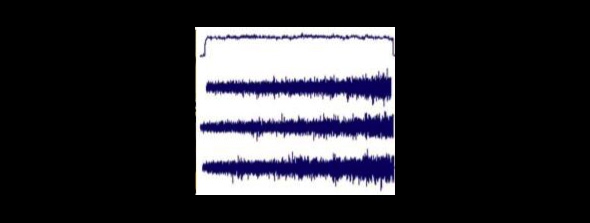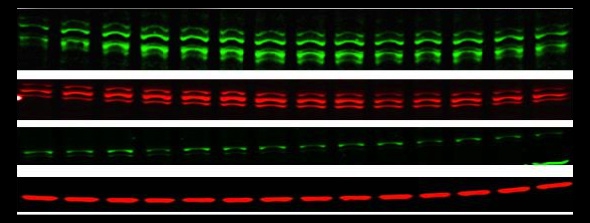Professor
Bengt Kayser / Nicolas Place
Institute of Sports Sciences and Department of Biomedical Sciences - UNIL Skeletal muscles are force generators allowing interaction of the organism with the environment. When muscle contractions are repeated or sustained, after some time fatigue will develop and this will ultimately affect performance. Although everyone has already experienced fatigue, it is not easy to provide a clear definition, as fatigue is a multifactorial process and differs between situations. The laboratory does translational research combining both integrative and mechanistic approaches to delve deeper into the mechanisms underlying muscle fatigue and muscle adaptations to training or disease. To this end we combine measures obtained on exercising humans with analyses on human muscle biopsies and also on muscle cell lines, in order to investigate in detail excitation-contraction coupling, and in particular the role of Ca2+ handling. We are particularly interested in the effect of exercise on the ryanodine receptor (RyR1), the sarcoplasmic reticulum Ca2+ release channel. We recently showed that RyR1 is central in the adaptations to high intensity exercise, as only one single session of high intensity interval training can markedly affect RyR1, which would in turn trigger the beneficial muscular adaptations of endurance training.
Keywords
- skeletal muscle weakness
- force
- electromyography
- electrical stimulation
- ryanodine receptor
- Ca2+ handling
- exercise
Contact
Prof. Bengt KAYSER, MD, PhD
Institute of Sports Sciences and Department of Biomedical Sciences
University of Lausanne
Synathlon, 2416
Uni-Centre
1015 Lausanne
Tel: +41 21 692 37 95




